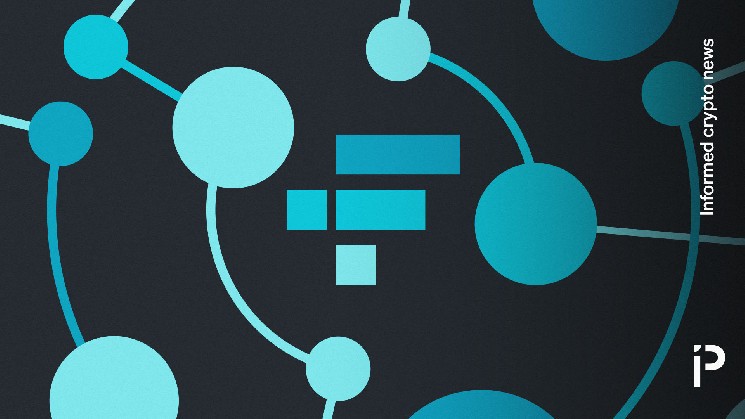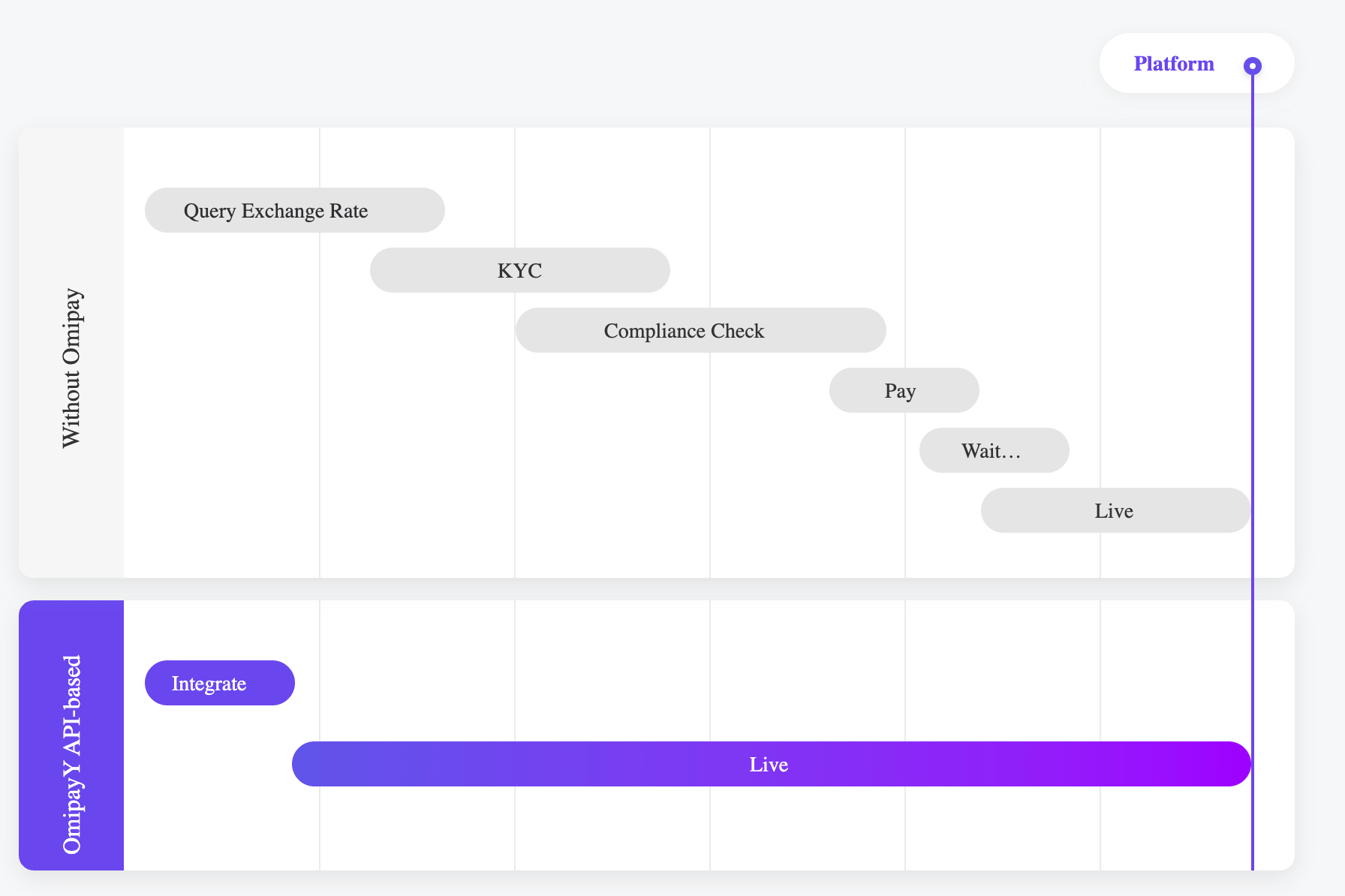FTX used former Wirecard partner to process Chinese payments

Australian bank Cuscal was listed in FTX’s bankruptcy filings as one of the group’s banking partners. It was listed alongside Omipay, an Australian payments processor that focuses on offering payments to and from China.
Omipay also works with authorized representatives like Bano which provide other payment services, and it operates payment platform Monix/Monixfin. Protos previously reported that FTX used Monix to access banking services in Australia.
Omipay is a major payments processor for China and is one of the global remittances partners for Tencent’s WeChat Pay. The company trumpets the simplicity of its payments processing system when compared to its competitors.

Image from omipay.net.
Monix provided a way for FTX customers to deposit Australian Dollars into FTX before the collapse. Global Remit — one of the customers that provided a testimonial on Monix’s website — describes how Monix enables it to “gain rapid access to local bank systems of many countries.” The testimonial also brags that its “global real-name bank accounts have increased the retention rate of clients.”
Monix also advertises that it can “create bank accounts for clients abroad without the need for new infrastructure.”
Cuscal itself has had a number of brushes with scandal, including being one of the Australian banks that accepted payments for Wirecard merchant terminals and issued Wirecard branded prepaid cards. Wirecard itself also served the same role that Omipay now serves, as one of Tencent’s global remittances partners for WeChat Pay.
Read more: Alameda bought this obscure OTC desk to handle FTX banking
It’s currently unclear what amount of FTX customer funds remains with Cuscal, Omipay, or Monix.
Protos has reached out to Cuscal and Omipay/Monix for comment and to find out more about the services Monix provided to FTX. We’ll update if we hear back.






 Bitcoin
Bitcoin  Ethereum
Ethereum  Tether
Tether  USDC
USDC  TRON
TRON  Dogecoin
Dogecoin  Cardano
Cardano  Bitcoin Cash
Bitcoin Cash  Chainlink
Chainlink  LEO Token
LEO Token  Stellar
Stellar  Litecoin
Litecoin  Hedera
Hedera  Monero
Monero  Dai
Dai  OKB
OKB  Cronos
Cronos  Ethereum Classic
Ethereum Classic  Gate
Gate  Cosmos Hub
Cosmos Hub  VeChain
VeChain  Algorand
Algorand  KuCoin
KuCoin  Stacks
Stacks  Tether Gold
Tether Gold  Theta Network
Theta Network  Zcash
Zcash  IOTA
IOTA  Tezos
Tezos  TrueUSD
TrueUSD  NEO
NEO  Decred
Decred  Polygon
Polygon  Dash
Dash  Qtum
Qtum  Zilliqa
Zilliqa  Ravencoin
Ravencoin  Synthetix Network
Synthetix Network  Basic Attention
Basic Attention  0x Protocol
0x Protocol  Siacoin
Siacoin  Holo
Holo  DigiByte
DigiByte  Enjin Coin
Enjin Coin  Nano
Nano  Ontology
Ontology  Status
Status  Waves
Waves  Hive
Hive  Lisk
Lisk  Pax Dollar
Pax Dollar  Steem
Steem  Numeraire
Numeraire  BUSD
BUSD  Huobi
Huobi  OMG Network
OMG Network  NEM
NEM  Bitcoin Gold
Bitcoin Gold  Ren
Ren  Augur
Augur  HUSD
HUSD